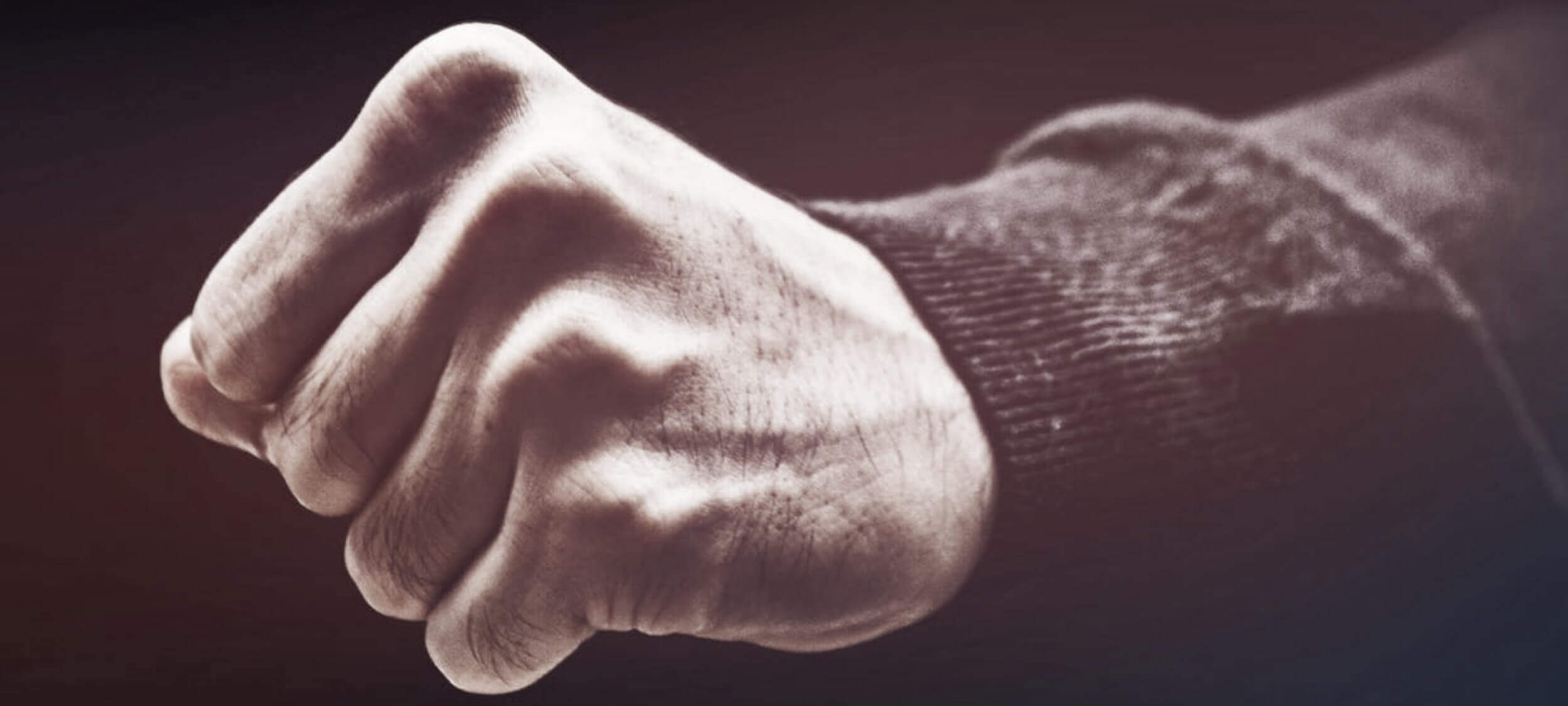
A parade of vices: Which Succession horror story are you?
Opinion + AnalysisRelationshipsSociety + Culture
BY Joseph Earp 20 DEC 2021
There is a singular thrill that comes from watching very bad people do very bad things.
The anti-hero has been a staple of modern television and cinema for decades, made popular by Tony Soprano splashing about in a swimming pool with a brace of ducks, taking some much needed “me time” after overseeing a truly astonishing number of murders.
This kind of art might have some therapeutic aspects – it teaches us how not to be, so we might learn how to be – but that’s not its purpose. Its purpose is entertainment, the sick, giddy feeling that comes over us when we watch people throw off the entirely artificial rules of morality, and behave however they want.
Moreover, this kind of art is a way of teaching us the manners by which our moral outlooks are shaped by repetition: habit and practice. When we see someone like Soprano do the same evil things, over and over again, we learn about the compounding nature of vice, the way that one bad action spawns a myriad of others.
No show exemplifies that thrill better than Succession. Its characters are vicious, and in both meanings of the term: each week, they tear each other apart, sacrificing even familial bonds for the sake of victories that almost immediately sour in their mouths. They live in a world that is constantly in the process of ratifying, and, briefly, rewarding them; they are shaped by their wealth, and by the uneasy collective they form with each other, in which power is everything and weakness is to be avoided at all costs.
But this gaggle of do-badders are not alike in their foibles. Each principal member of the cast displays a different vice, and has a different way of working towards the same unpleasant ends. Here is a kind of “pick your horror” list of the show’s central players, outlining each of their worst qualities. Which deviant are you?
Logan Roy: The Happy Capitalist
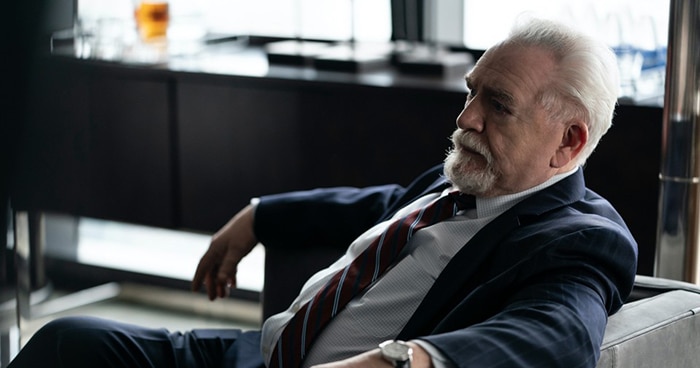 Image: HBO
Image: HBO
As Peter Singer noted, capitalism thrives on individuation; the idea that we are made up of communities of one, and that it is always better to sacrifice the well-being of others in order to get ahead. And how better to sum up that belief that you should, at all times, consider yourself the number one priority than the behaviour of Logan Roy? Logan has no loyalty – he will hurt whoever he needs to hurt. He is one of the few purely, uncomplicatedly immoral characters of the show, being openly unremorseful. He is, as Aristotle would put it, in total vicious alignment – he feels no urge to do the right thing, and his behaviours line up perfectly with his moral universe, of which he is the centre.
Kendall Roy: The Coward
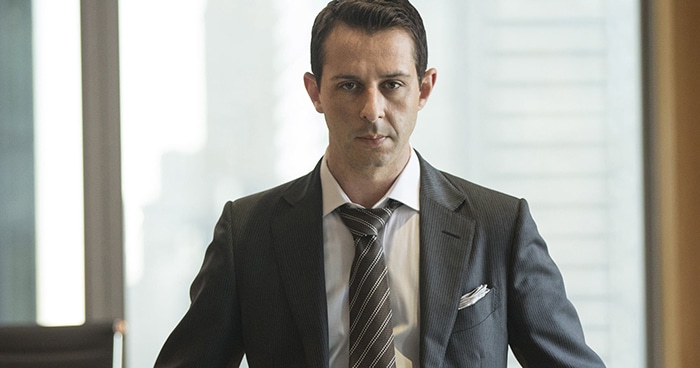 Image: HBO
Image: HBO
Speaking of alignment, the character in Succession whose behaviours are most out-of-sync with their desires is Kendall Roy. Unlike Logan, he is not without remorse. Time and time again, he repents – one of the most affecting moments of the recent season was the man on his hands and knees, saying, in a voice of exhaustion, that he has tried. He suffers from a tension that we all feel, one between moral behaviour and immoral behaviour. He wants to be courageous – that is how he sees himself. But his base level desires, many of which he hasn’t even analysed within himself, are in constant conflict with the globalised outlook he has on his moral character. There is a gulf between how he considers himself in the abstract, and how he actually acts, moment by moment.
The problem, in essence, is that Kendall moves too fast. His decisions come too quick, and they are guided by his misplaced desires to appease his father and to feed into the pre-existing drama of the family. Iris Murdoch once wrote that we should train ourselves to live a moral life, habituating good action so we can unthinkingly help others when the time comes. When the time comes for Kendall, as it does with insistent regularity, he unthinkingly makes the wrong choice, sacrificing his own systems of values to appease a man who considers him less than dirt. That’s cowardice in its purest form.
Roman Roy: The Casually Cruel
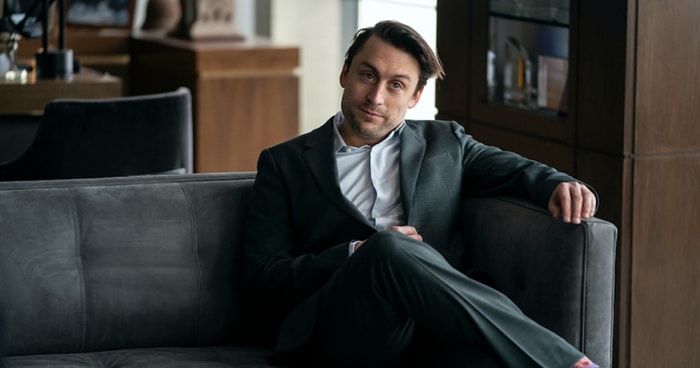 Image: HBO
Image: HBO
When we think of evil, we tend to imagine oversized portraits of crooked megalomaniacs, stealing candy from babies and kicking the backsides of puppies. But as philosopher Hannah Arendt tells us, evil need not be enacted by larger-than-life villains. Indeed, Arendt believed that vicious behaviour can be performed in a myriad of tiny ways by the most unassuming of individuals. That is Roman Roy to a tee.
Through the series, Roman appears to be nothing more than a happy-go-lucky hedonist, a man filled to the brim with pleasures, who enjoys the finer things in life. But that happiness also extends to the vicious behaviour of himself and of others. He loves suffering and rejoices in the chaos of his family life. His horrors are pulled off with a smiling face, as though they are nothing but briefly disarming attractions, as inconsequential as a county fair.
Shiv Roy: The Manipulator
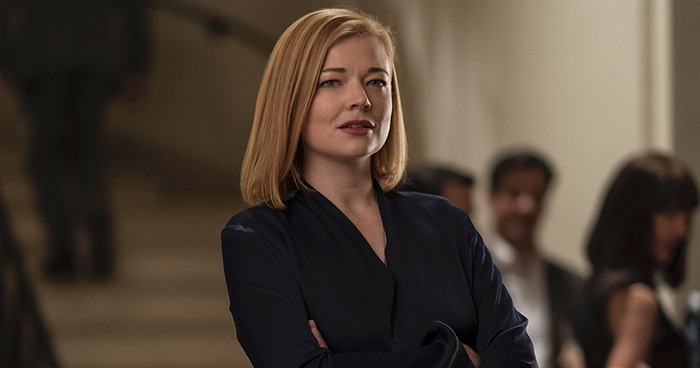 Image: HBO
Image: HBO
It was Immanuel Kant who once wrote that we should always treat those around us as ends in themselves, never as means. Kant thought it one of the great immoralities capable of being enacted by human beings for us to see those around us tools, whose internal lives we need never to consider. After all, for Kant, human beings are the creators of value – there is no goodness intrinsic in the world, and it exists only in the eye of the beholder. Try telling that to Shiv Roy. Shiv sees those around her as mere means of getting what she wants, to be used and discarded on a whim – even her husband is one more bridge to be shockingly burnt after she has crossed it.
Not that Shiv is without redemption. Kant also believed that there is always good will: an iron-wrought and rational understanding of the correct thing to do in any moral situation. His was a virtue ethics founded on principles, and Shiv does, despite herself, have those. Take, for instance, her complicated introduction to the world of politics in season three. She is offered what Peter Singer would call the ultimate choice – the option of winning the race against her siblings for her father’s affections, if she endorses a particularly slimy Republican candidate for President. There are, to our surprise – and maybe even to hers – lines that Shiv will not cross. Turns out even the most manipulative of us can find there are things that we simply will not do.
Cousin Greg: The False Innocent
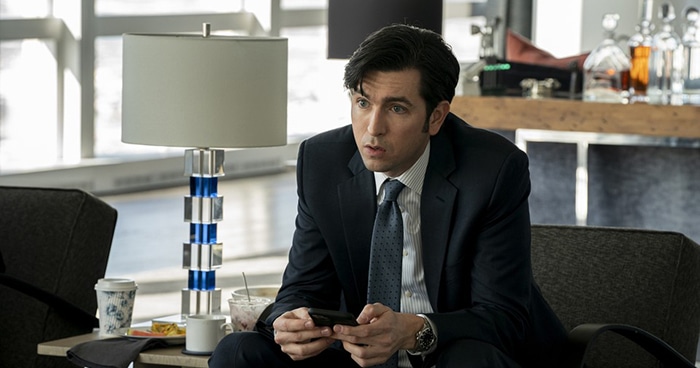 Image: HBO
Image: HBO
Innocence can have an intrinsic value: it can be good for itself, in itself. But Cousin Greg, Succession’s scheming dope, uses his innocence instrumentally. He presents himself as being the dumbest person in the room, forever in the process of duping others with his blandness. But there is nothing innocent to the way he acts.
His is a vice that comes from its very duplicitousness – he presents himself one way, as though he never quite understands the situation, and then acts very differently in another. It’s proof, if any more was needed, that virtues can be a disguise that we can drape ourselves in the illusion of good behaviour, for nothing but our own benefit.
Tom Wambsgans: The Sycophant
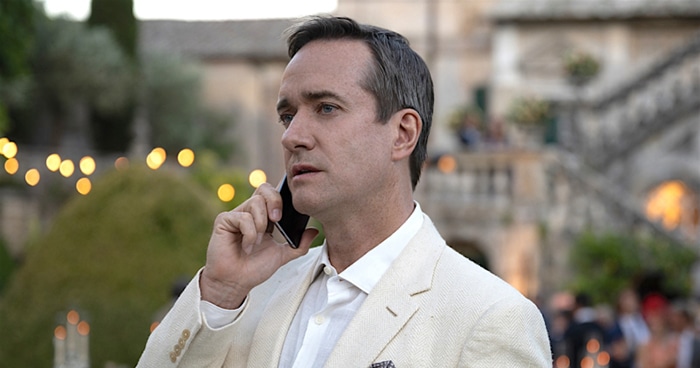 Image: HBO
Image: HBO
Loyalty is a morally neutral character trait. It can be virtuous, as when we are loyal to our friends, and it can be vicious, as when we unbendingly act in accordance with an evil benefactor. Tom Wambsgans started Succession as one more foot soldier, a buffoon kicked around by forces much greater than him: no wonder he found a twisted kind of kinship with Cousin Greg, another duplicitous fool. But his loyalty to Logan – his unwavering belief that the sole purpose of his life was to be in the good books of the elder Roy – eventually transformed him into something much more nefarious.
Tom is unwavering in his belief system, utterly obsessed with power, and firmly of the opinion, contra to the writings of Michel Foucault, that it only moves in one direction. Tom wants total power, and he wants it totally. He does not consider, as Foucault did, that the person over whom we hold power also holds power over us. If all of history is a boot stomping on a human face, then that’s Logan’s spit-shined boot, and Tom’s smugly smiling face.
Ethics in your inbox.
Get the latest inspiration, intelligence, events & more.
By signing up you agree to our privacy policy
You might be interested in…
Opinion + Analysis
Relationships
Ozi Batla: Fatherhood is the hardest work I’ve ever done
Explainer
Society + Culture, Politics + Human Rights
Ethics Explainer: Just Punishment
Opinion + Analysis
Society + Culture
David Lynch’s most surprising, important quality? His hope
Opinion + Analysis
Relationships




